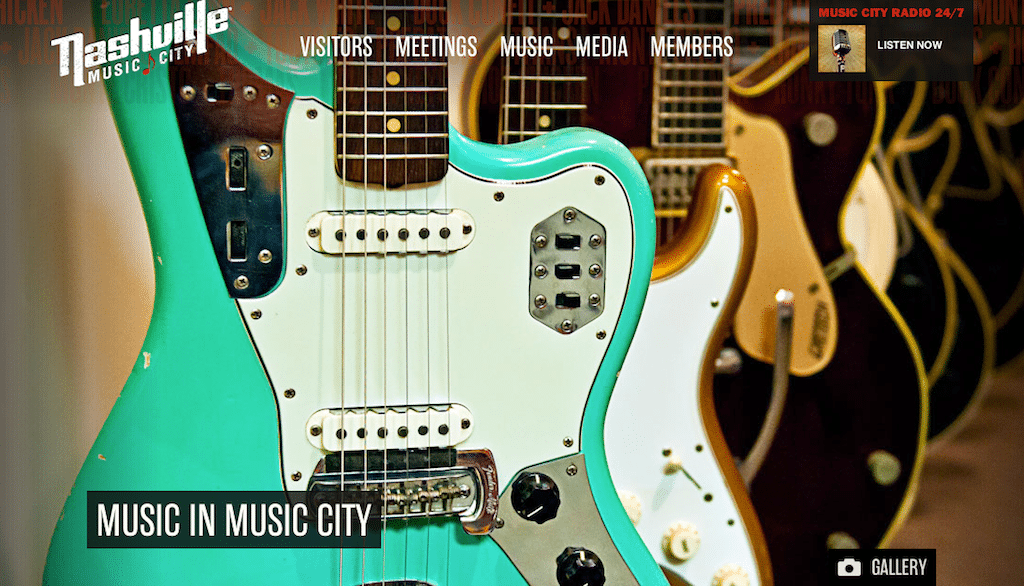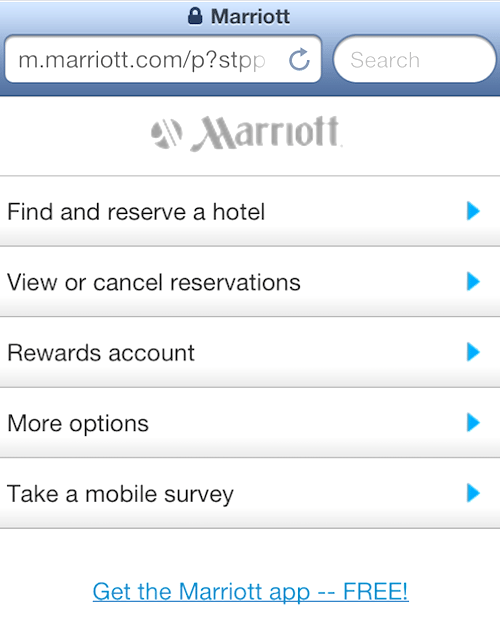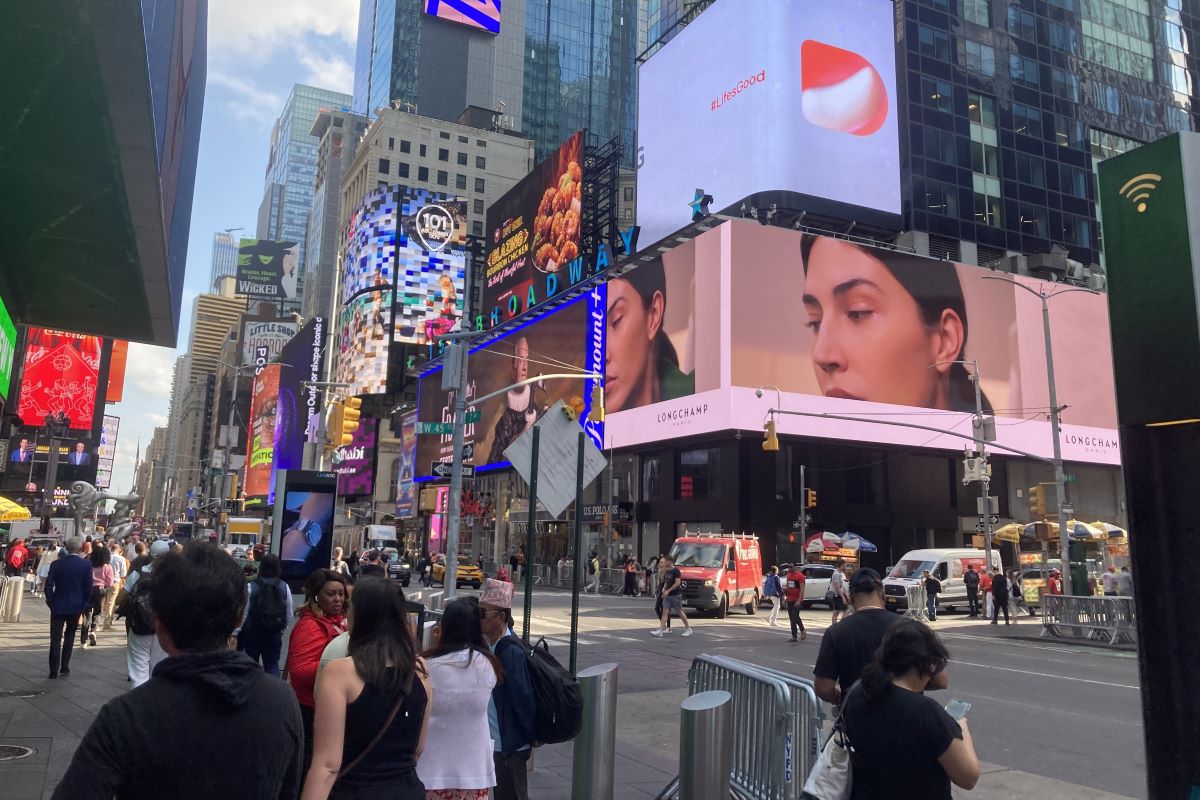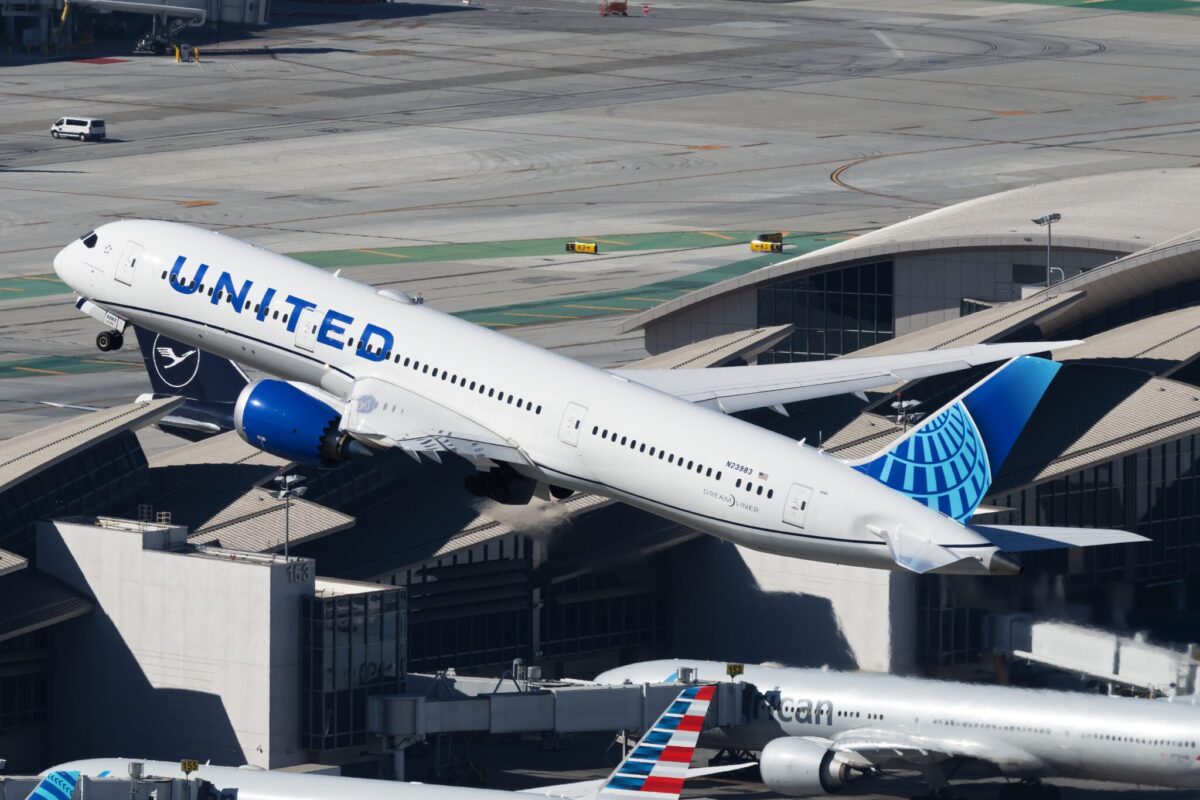TripAdvisor advises against mobile apps for its hotel customers

Skift Take
TripAdvisor is advising its hotel customers that they should definitely fine-tune their mobile offerings, but should probably steer clear of mobile apps.
"They can be expensive to create, so only develop an app if you have enough
frequent travelers who’ll use it often enough," TripAdvisor says, referring to downloadable mobile apps, in a new TripAdvisor for Business guide to mobile marketing.
"With an app, you ask a lot from travelers. First, they have to download the app. Then find it and log in. And then actually take the time to use it. So your app has to be helpful, easy to use and work well enough to justify all that effort."
To be sure, TripAdvisor is not dispensing this mobile advice for large chains, such as InterContinental Hotels, that have the resources to build and market mobile apps. In fact, TripAdvisor gives high praise in its mobile marketing guide to InterContinental's Priority Clubs Rewards app.
"Take a look at the Priority Club Rewards iPhone app. It’s highly rated with plenty of positive reviews. Why? Because the app makes it easy to book reservations, keep track of upcoming trips and check on loyalty points. In other words, the things busy, frequent travelers care about most."
Instead, TripAdvisor is advising its Business Listings customers, likely smaller chains and properties, to stick with either websites with "responsive design" or mobile sites to spearhead their mobile efforts.
With responsive design, the display of a traditional desktop site is reformatted depending on whether the user is accessing the site via desktop, smartphone or tablet.
TripAdvisor points to the Nashville Music City website (displayed at right via an iPad) as one that effectively uses CSS3 (Cascading Style Sheets Level 3) technology to adapt to varying devices.
Among the advantages to this responsive design, TripAdvisor says, is that hotels only have to maintain one version of their website, and having a solitary website is better for SEO than having duplicative content (Google doesn't like that) in two sites.
On the other hand, mobile websites for smartphones, such as Marriott's with its "quick links" to reserve a hotel or cancel reservations, are an attractive alternative for hotels because they are easily customizable, relatively cheap to build, and they facilitate quick page downloads, TripAdvisor says.
Mobile sites can be cheaper to build than websites using responsive design, TripAdvisor says, and they can be faster to load because hotels can reduce the size of images. On the other hand, hotels would have to take up the task of maintaining two sites, one for desktops and one for smartphones.
TripAdvisor has been ingratiating itself with hotels on a variety of fronts, including new review collections services and widgets to display a positive review on hotel websites, and this latest mobile marketing guide is part of that effort to enhance TripAdvisor's relationships with its hotel customers.
Think of TripAdvisor as a resource, and not just as a line item expense in marketing or advertising budgets.
There is self-interest in all of this, of course. When hotels can drive more business by advertising on TripAdvisor, and they see guests book more frequently because of improved mobile services, then this helps TripAdvisor's advertising and subscriptions business.
Few companies, including TripAdvisor, can be expected to do things purely for altruistic purposes.
Here's TripAdvisor's mobile marketing guide for hotels:
[gview file="http://skift.com/wp-content/uploads/2013/05/II_MobileGuide_US.pdf"]






